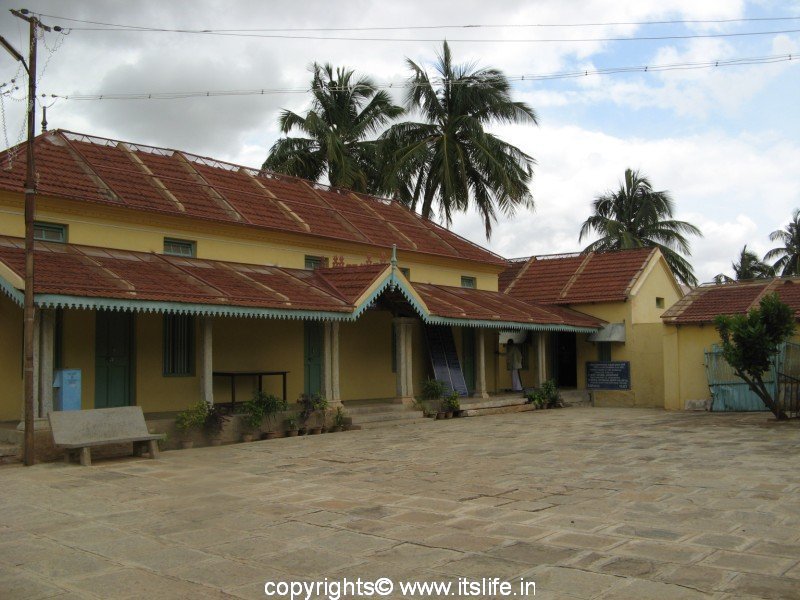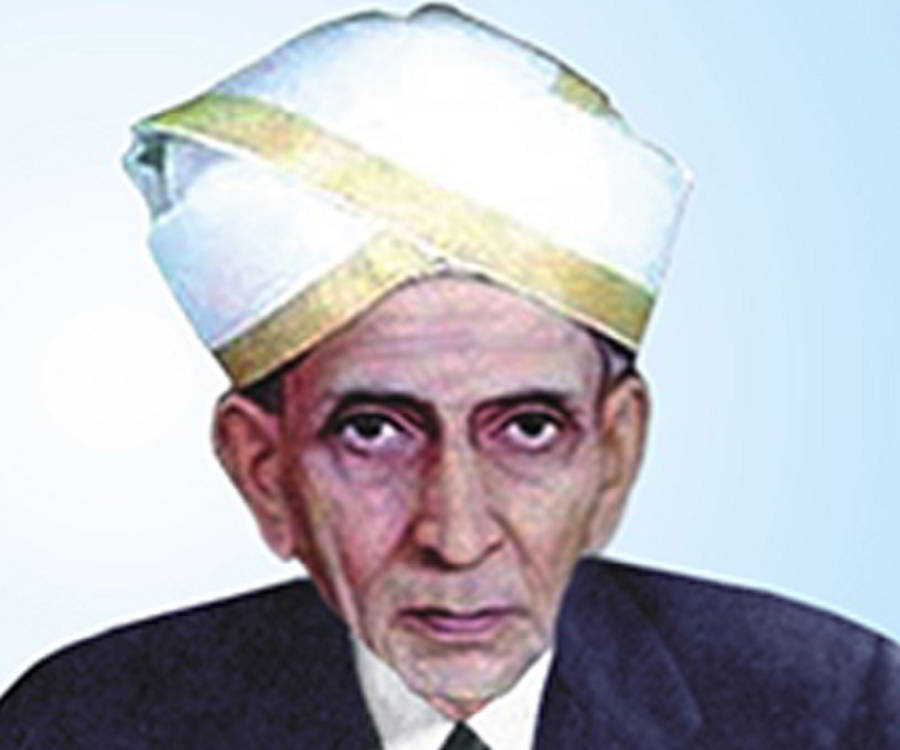Sir Mokshagundam Visvesvaraya, popularly known as Sir MV, was a notable Indian engineer and statesman who played a crucial role in the development of modern India. He was born on September 15, 1861, in Muddenahalli, Karnataka, in a family of farmers. Despite facing financial difficulties, Sir MV received a good education and excelled in his studies. He completed his Bachelor's degree in Civil Engineering from the College of Engineering, Pune, and later pursued his Master's degree from the University of Glasgow, Scotland.
Sir MV began his career as an Assistant Engineer in the Public Works Department (PWD) of Bombay (now Mumbai). He quickly rose through the ranks and became the Chief Engineer of the PWD, where he implemented several important infrastructure projects such as the construction of the Krishnaraja Sagar Dam and the Hyderabad-Godavari Canal. He also served as the Diwan (Chief Minister) of Mysore from 1912 to 1918, where he implemented a number of reforms and modernized the state.
In addition to his contributions as an engineer and statesman, Sir MV was also a philanthropist who believed in giving back to society. He donated generously to educational institutions and was a strong advocate of education for all. He was also a patron of the arts and supported the development of classical music and dance in India.
Sir MV was awarded the Bharat Ratna, India's highest civilian honor, in 1955 in recognition of his contributions to the country. He passed away on April 14, 1962, at the age of 101, but his legacy lives on through the many projects and institutions he helped build and support.








